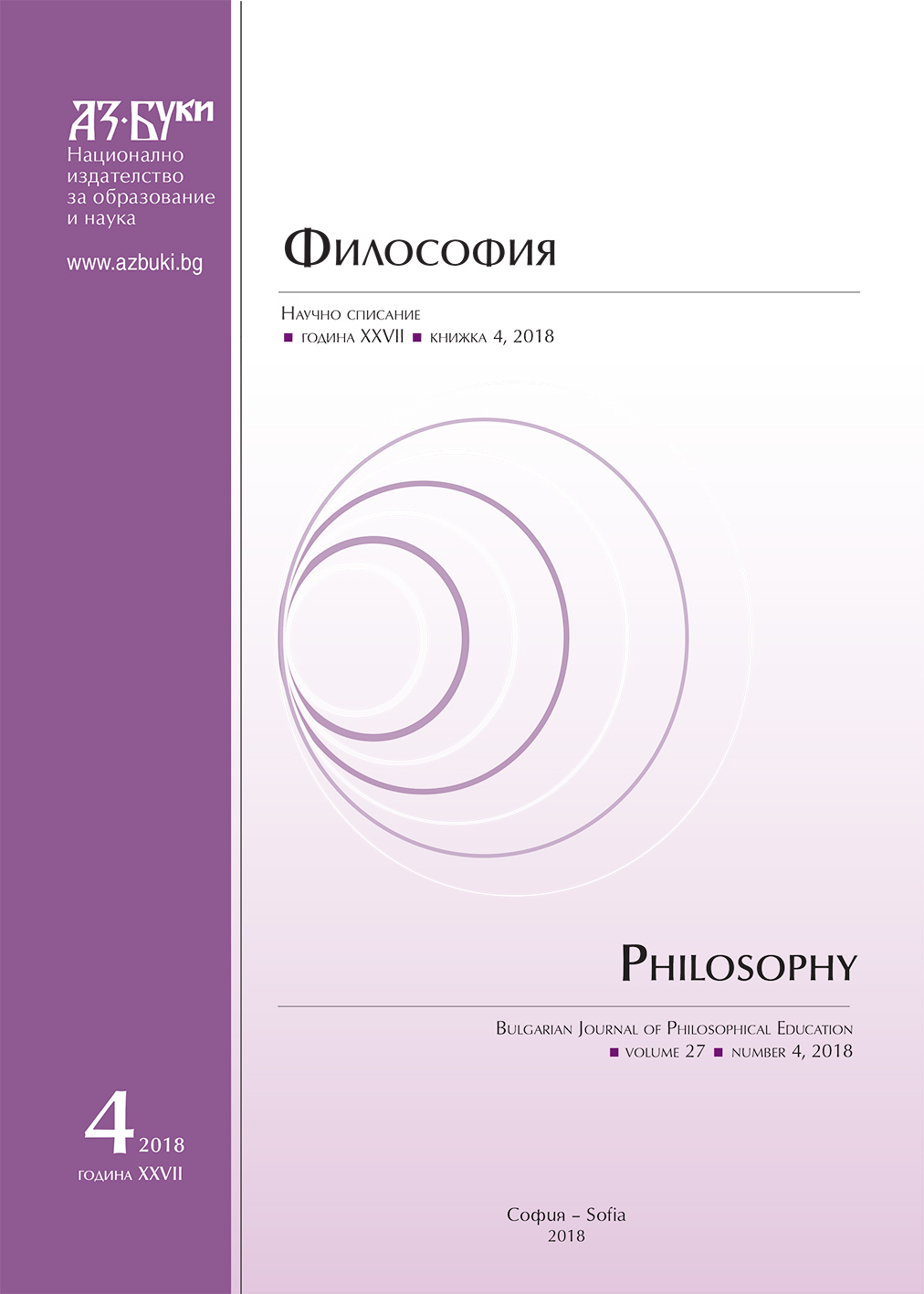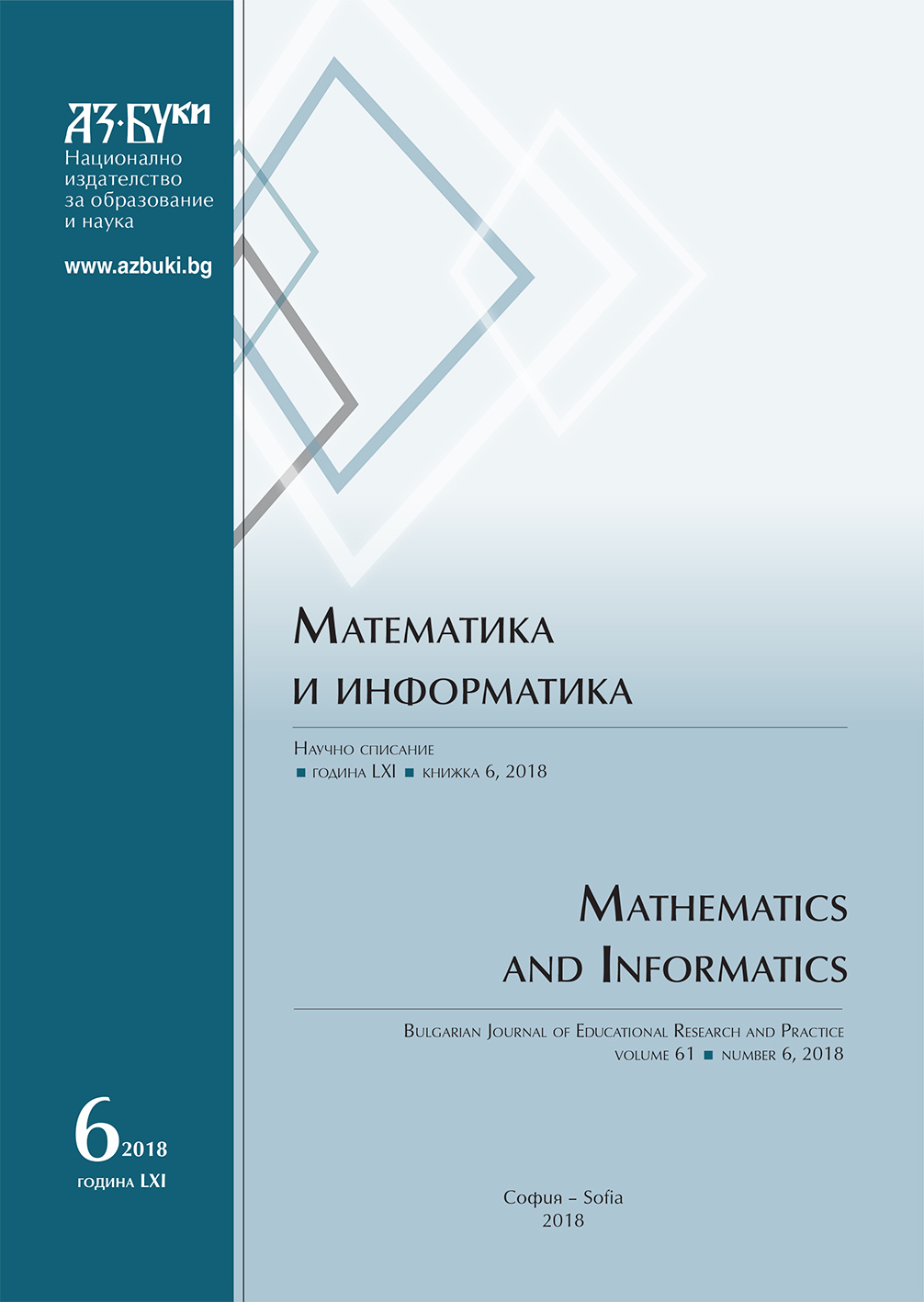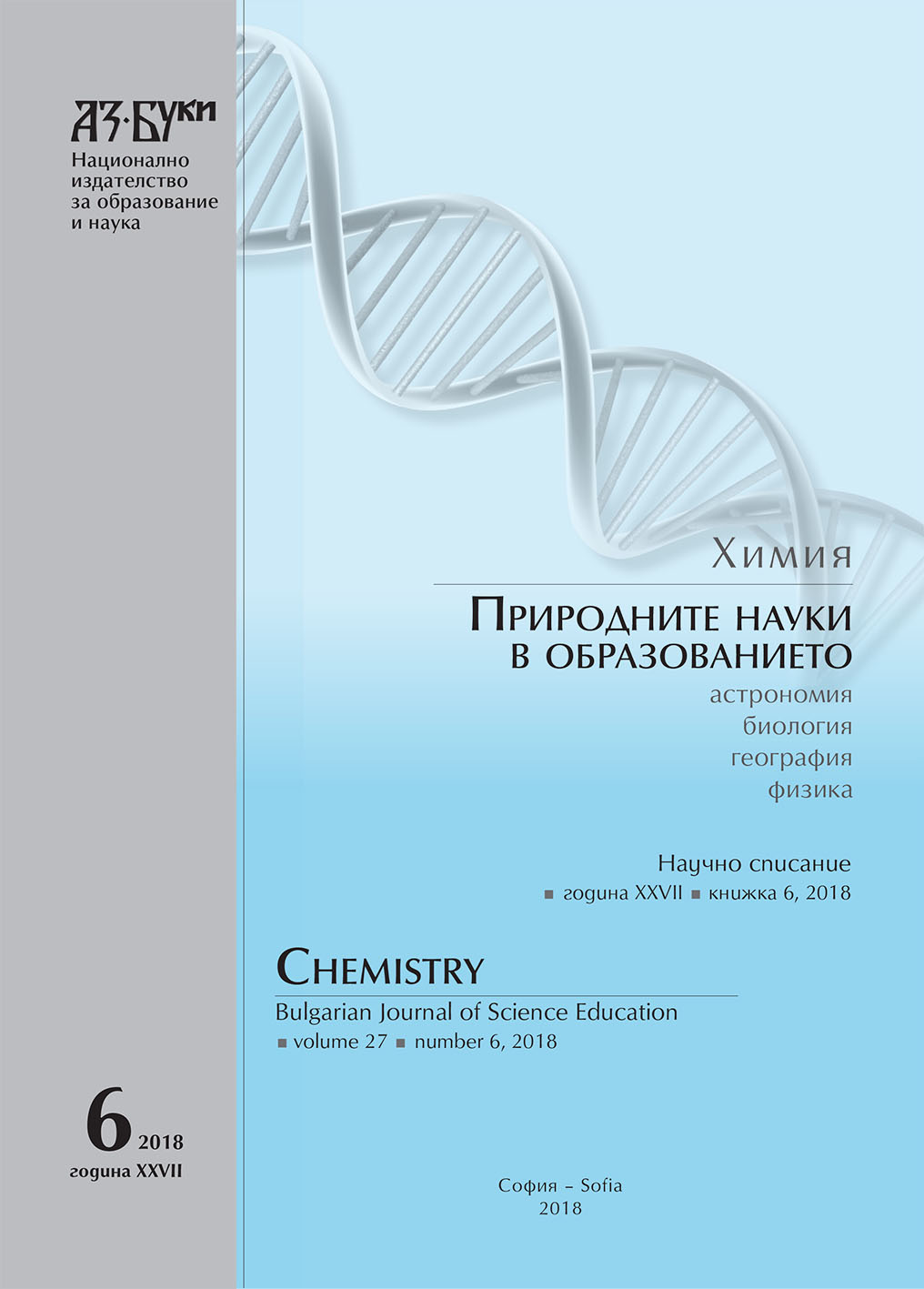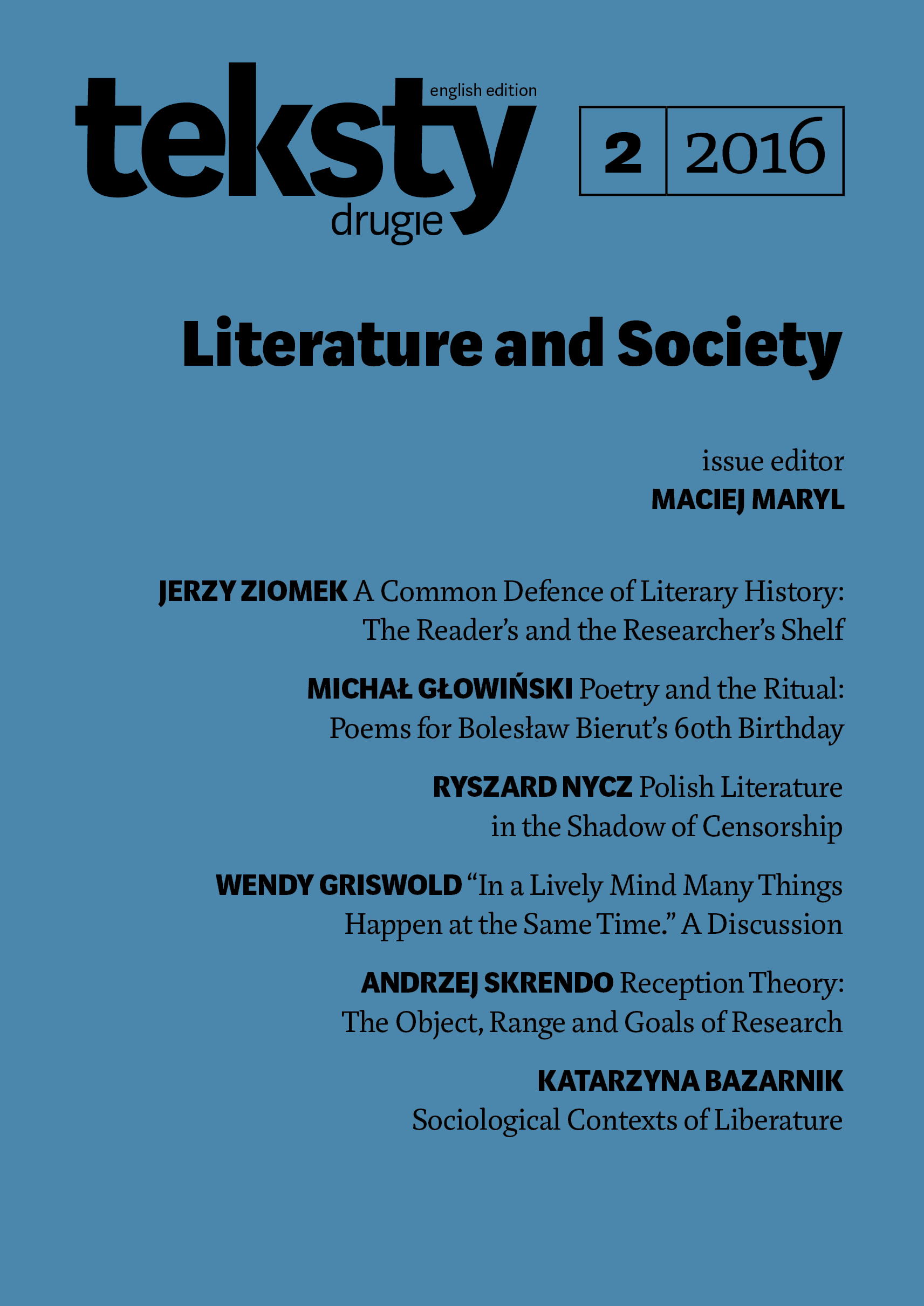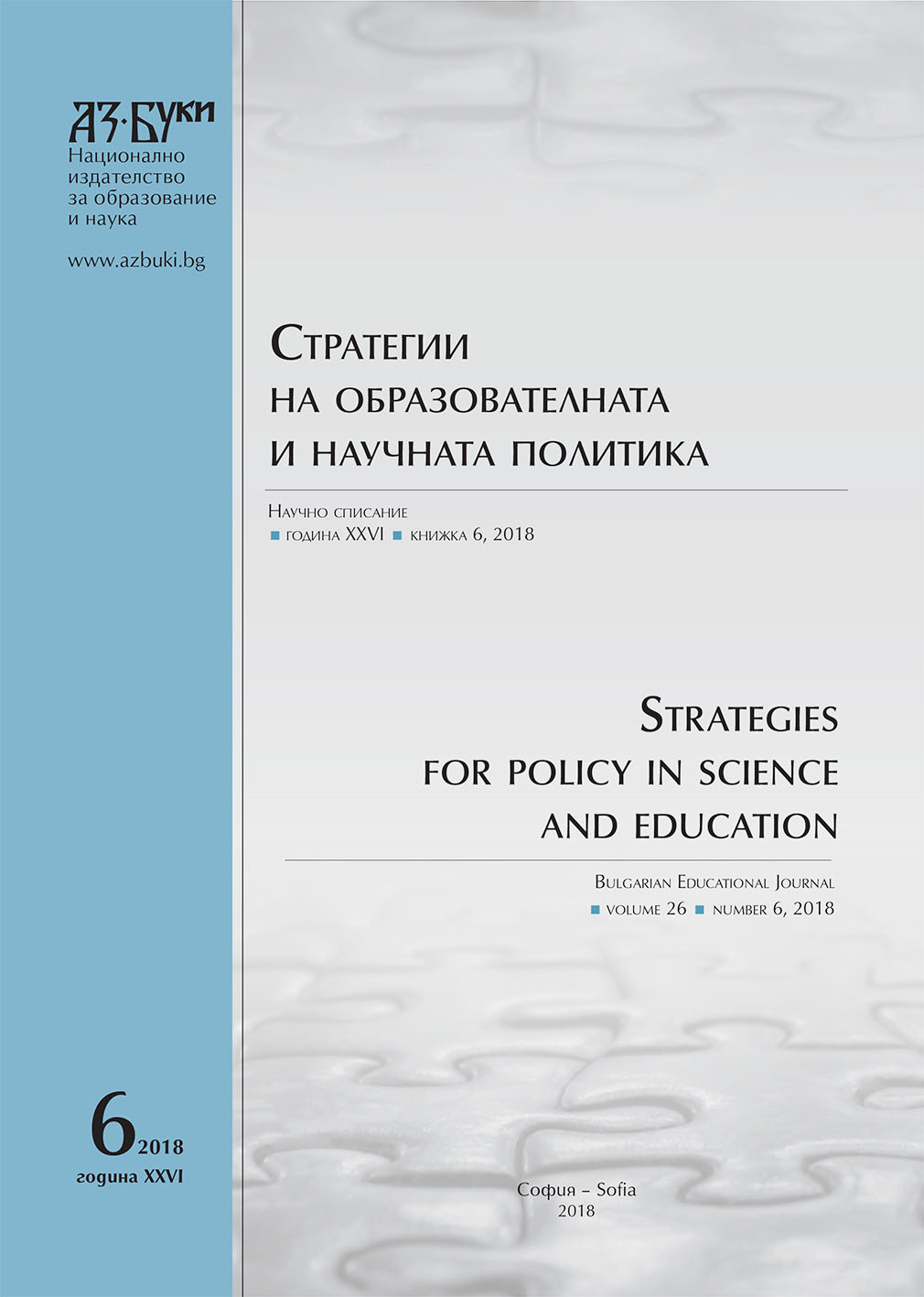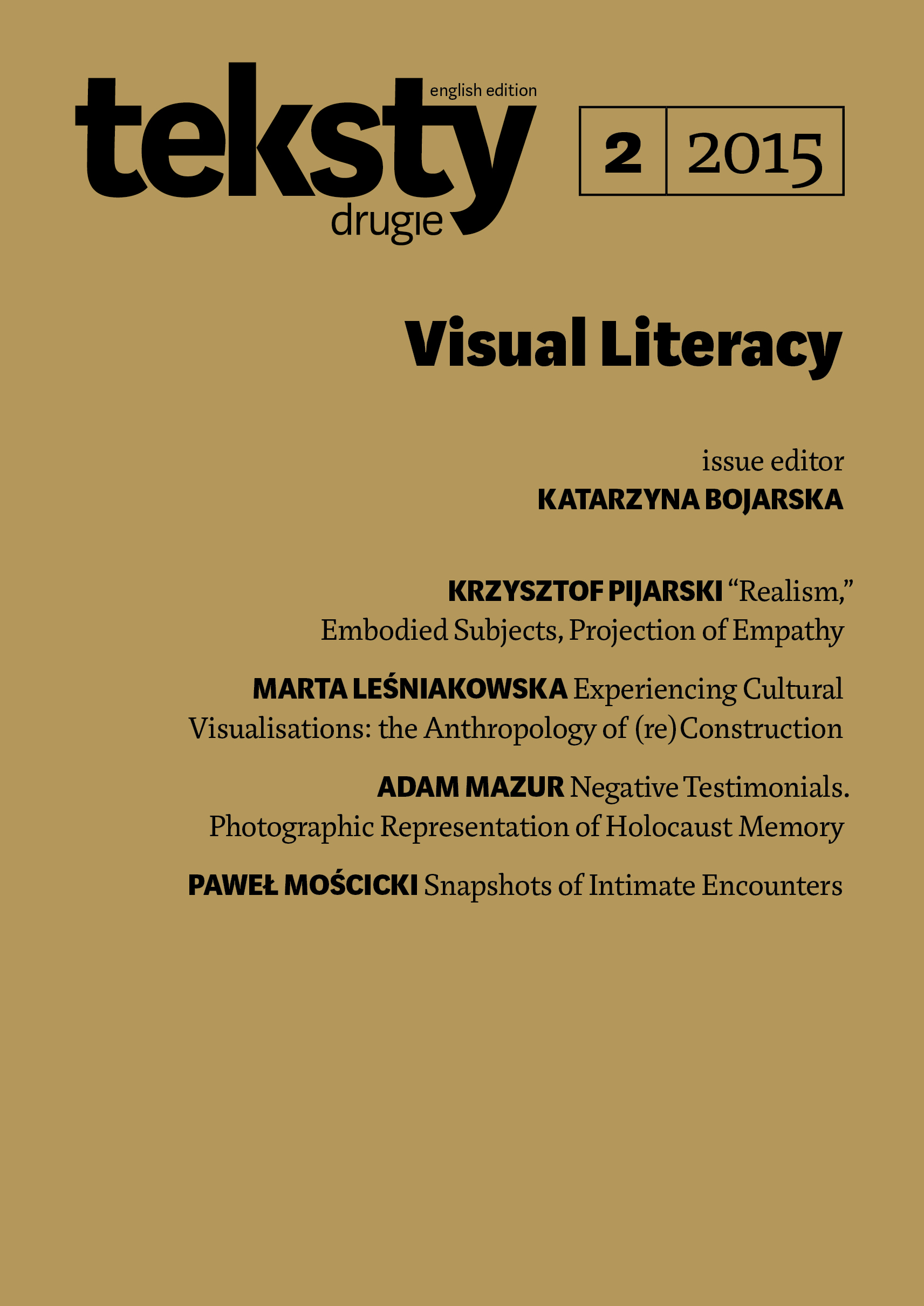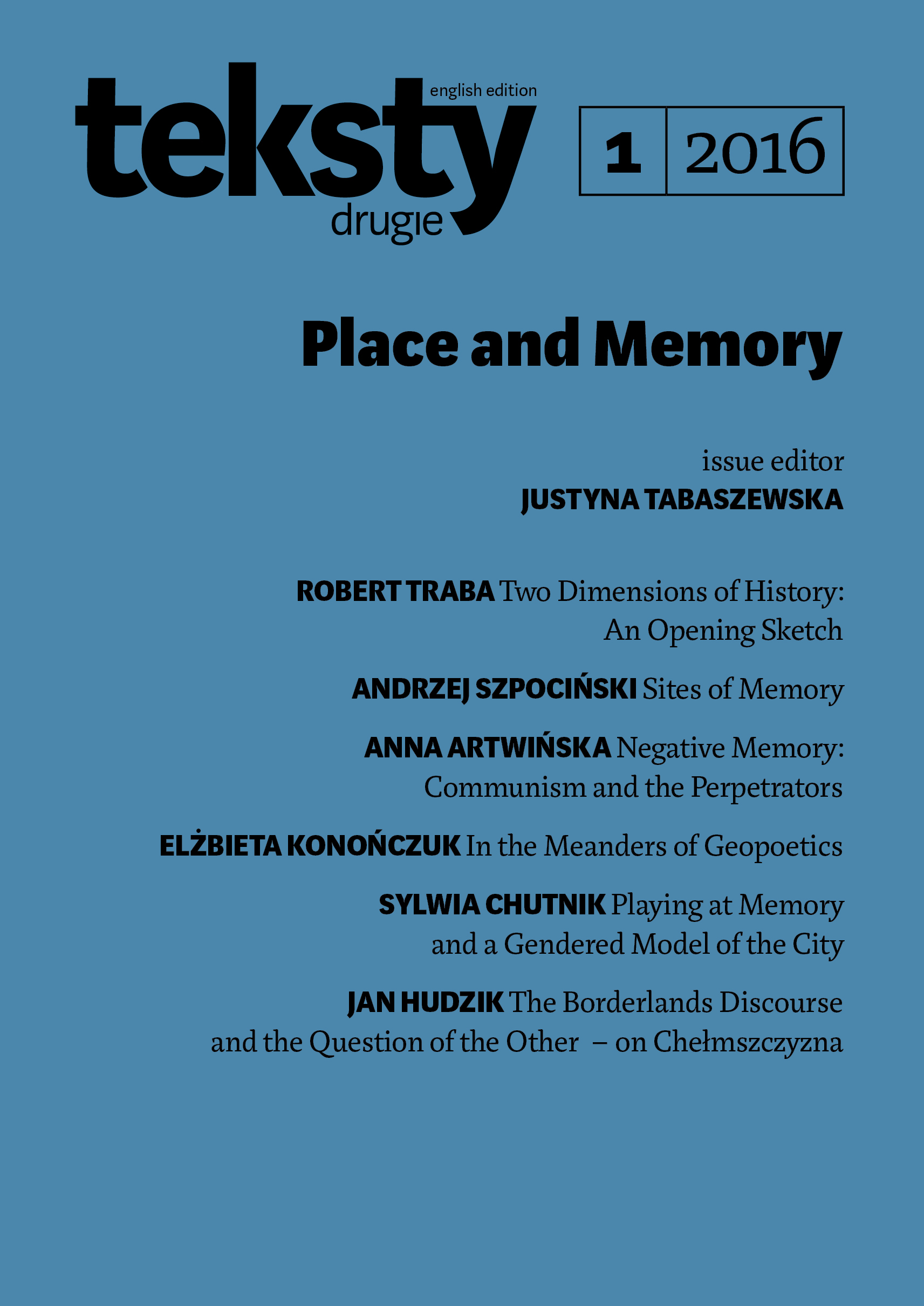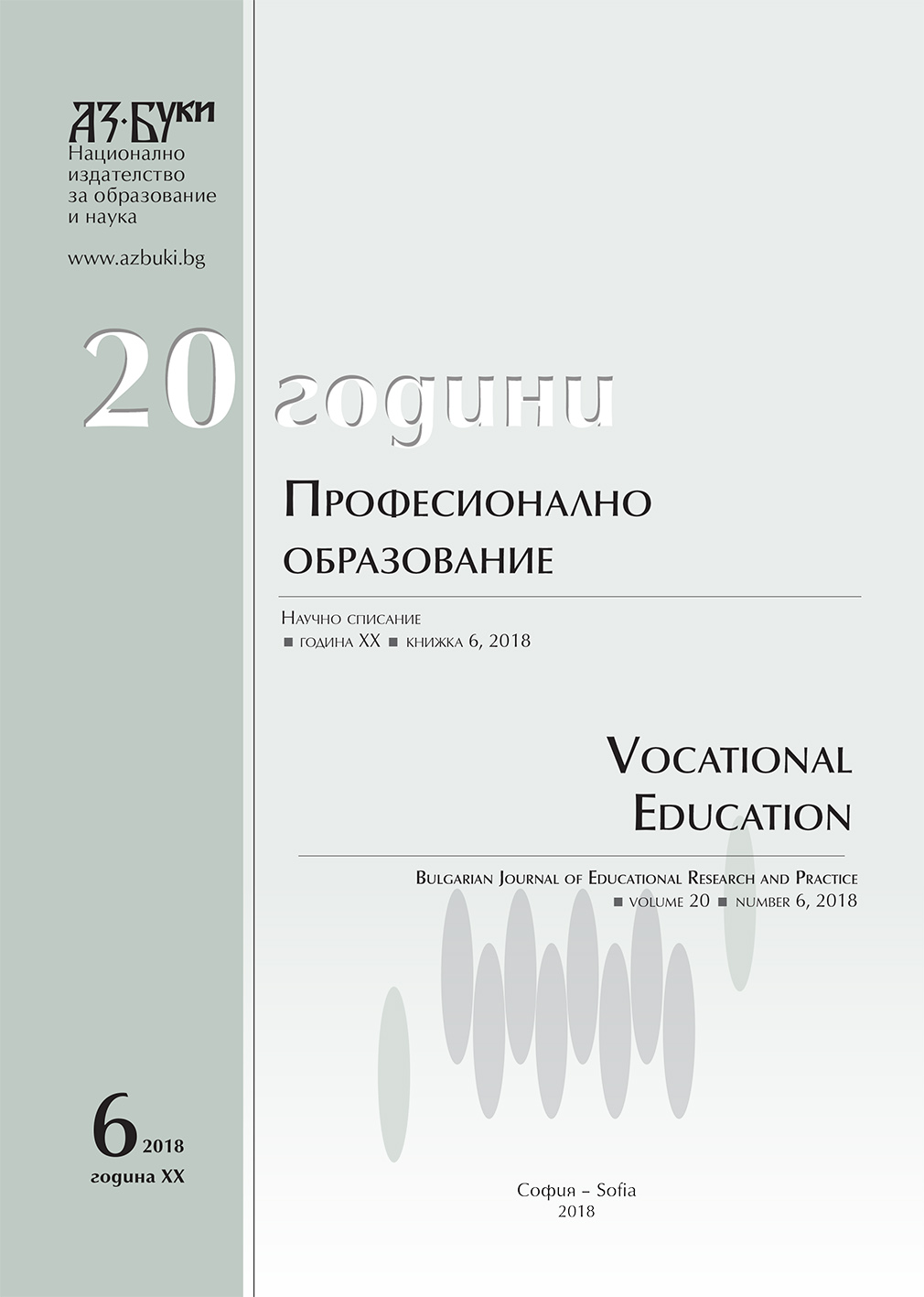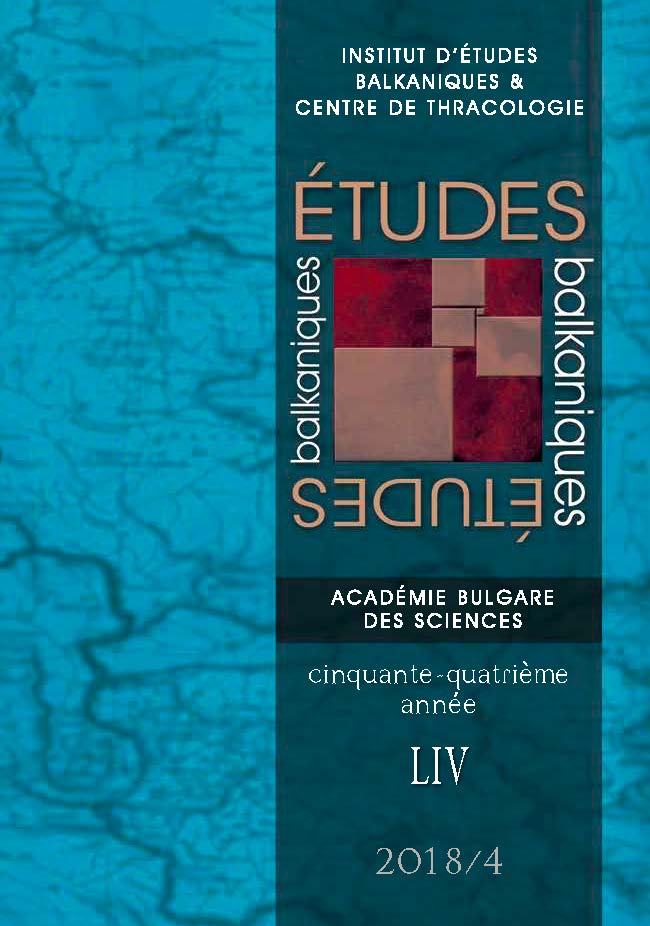Author(s): Chavdar Dimitrov / Language(s): Bulgarian
Issue: 4/2018
The article is a critique of the language-time relation, characterized by Paul Ricoeur as: return and distanciation in regard to pre-narrativity; opening the logic of story toward historicity; engagement with the fictional. To the forefront is the question of delineation between epistemological and ontological problematics. To this end, first, the mediating role of reflexivity, differentiated on the basis of distanciation and textuality, is examined. Second, in the context of the conception for triple mimesis are distinguished: the function of imagination and ambiguous moments in Ricoeur’s strategy – inconsistency in his plan for processual historical thinking and respectively – a problem with the notion of ‘representing’ the past. The analysis continues with the complementary theme of a “projected world,” where the act of reading brings forth the phenomenon of time through a productive intersection. Here, via the juxtaposition between an emplotment, which is already in a cultural world, and the autonomous literary work, is outlined Ricoeur’s idea about a transition from semantics of action, through a trans-temporal imaginary world, to refiguration. In the next part of the research, an overview of the limits before a positive articulation of narrated time parallels the last possibility, allowed by the specific status of the thesis in Time and Narrative. The perspective of a double hermeneutical key: circularity of triple interpretations, on the one hand, and dialectic of distensio animi (St. Augustin) and discordant concordance (Aristotle), on the other hand, is explained in the conclusion. In this way Ricoeur saves a chance for going beyond the aporetics of time, but leaves behind the frame of philosophical investigation.
More...
